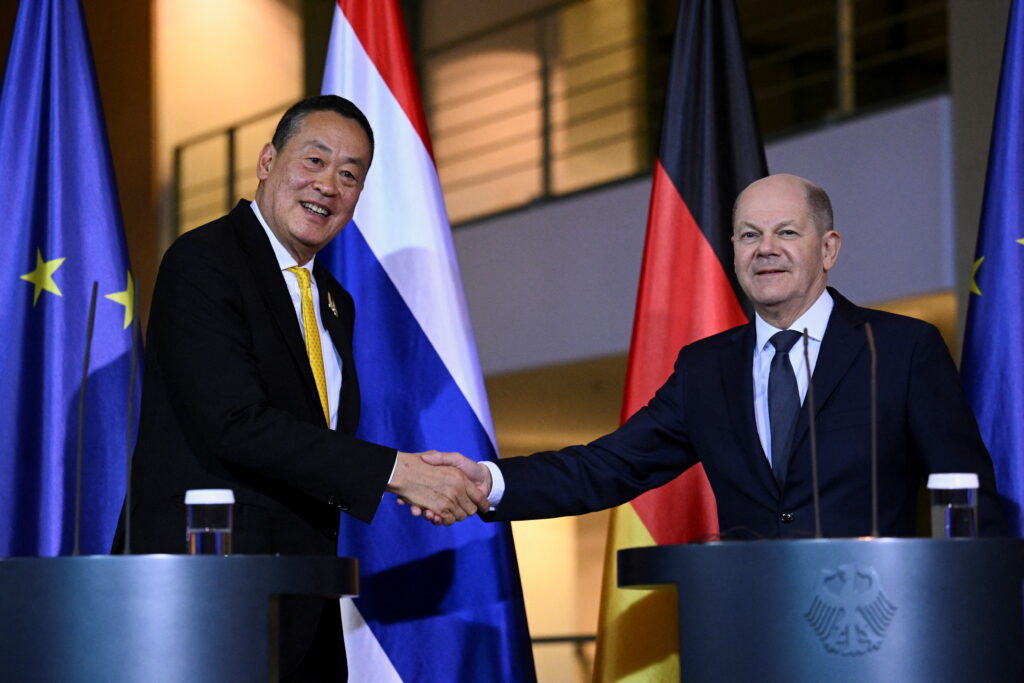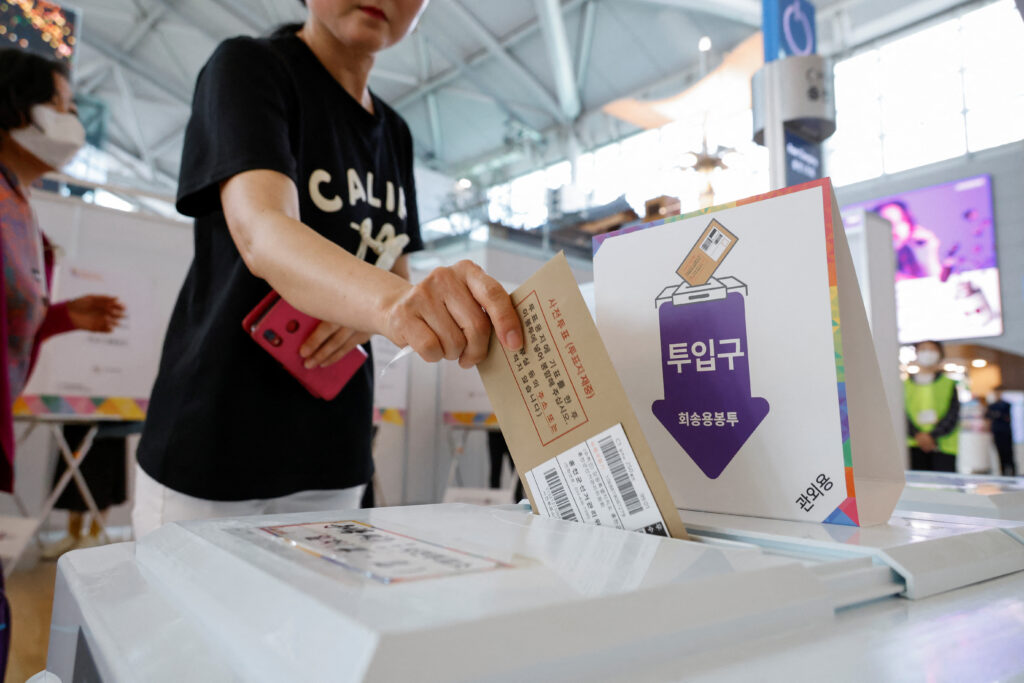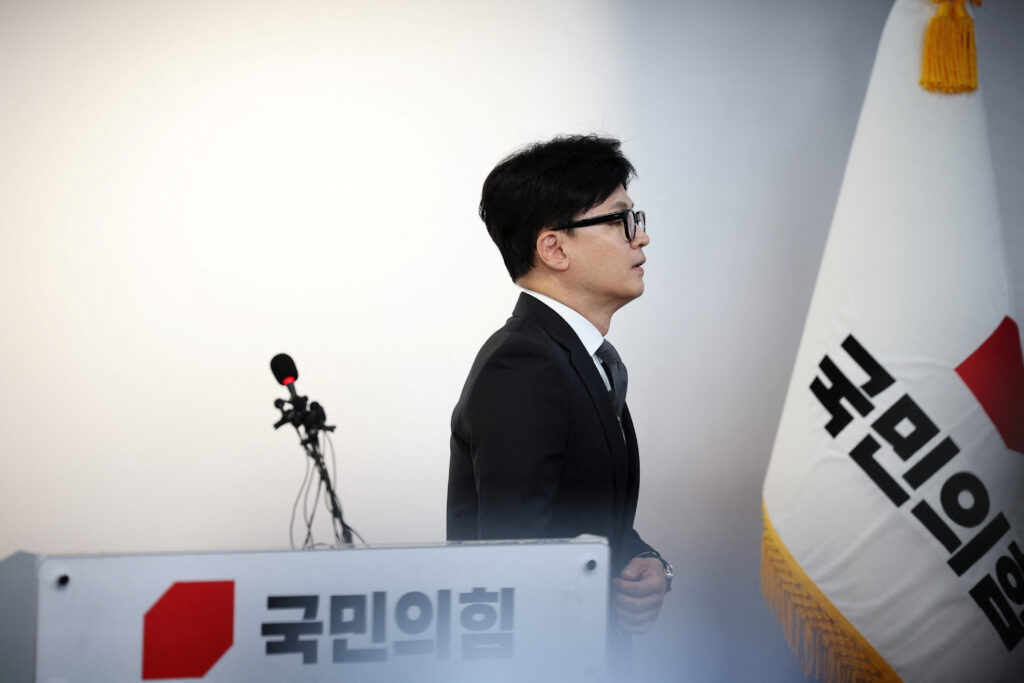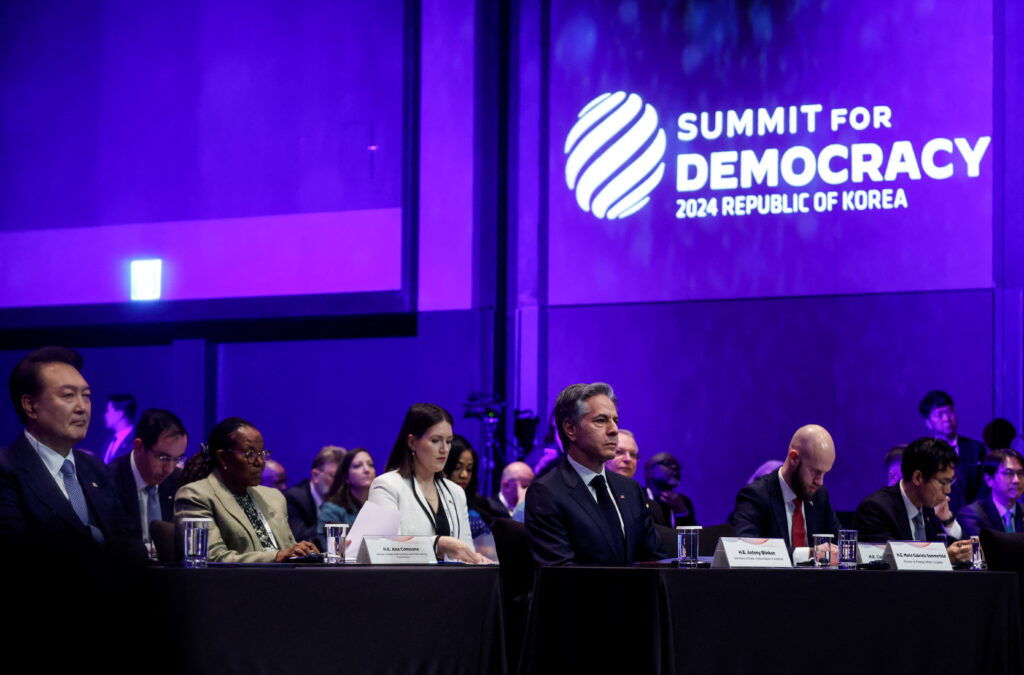Peer reviewed analysis from world leading experts








East Asia Forum offers expert analysis on politics, economics, business, law, security, international relations, and society in the Asia Pacific region.
EAF content is double-blind peer reviewed and articles are checked for factual accuracy.
Based out of the Crawford School of Public Policy within the College of Asia and the Pacific at the Australian National University, the Forum is a joint initiative of two academic research networks: the East Asian Bureau of Economic Research (EABER) and the South Asian Bureau of Economic Research (SABER). East Asia Forum is edited by Shiro Armstrong and Peter Drysdale.
Sign up to receive free daily think pieces from leading analysts or our weekly digest, that includes our editorial and a collection of recent articles in brief.
Article printed from East Asia Forum (https://www.eastasiaforum.org)
Copyright ©2024 East Asia Forum. All rights reserved.
The outdated fiscal system in Japan, which deters career building among women, significantly hinders women's economic participation and wage growth. This is despite women's labour force participation standing at an impressive 73 per cent. With the prospect of a severe labour shortage in the decades to come due to a decrease in the fertility rate, there is a dire need for rapid reform as current policies are no longer safeguarding low-income individuals and instead, inhibit women's productivity and wage growth.